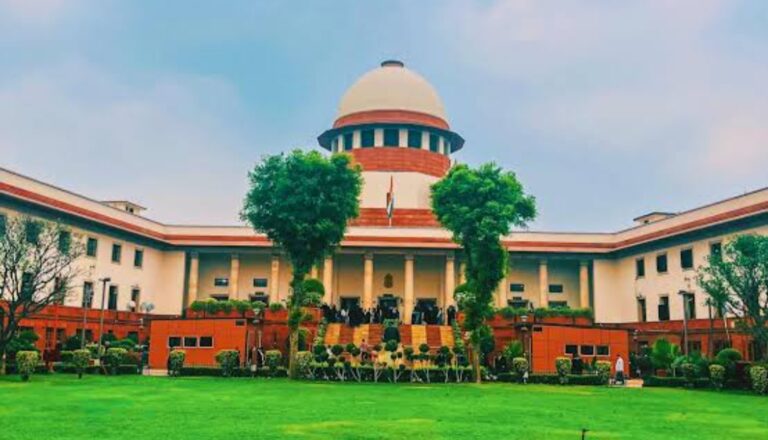In a landmark decision, the Supreme Court has overturned a recent Kerala High Court ruling and held that cheque bounce cases under Section 138 of the Negotiable Instruments Act remain maintainable even when the underlying debt arises from a cash loan exceeding ₹20,000. The apex court rejected the view that such transactions are void for violating the Income Tax Act’s cash transaction limit.
Background & Kerala HC’s Decision
On June 25, 2025, the Kerala High Court delivered its judgment in P.C. Hari vs. Shine Varghese & Anr. The court held that when a debt is created by a cash transaction above ₹20,000—which breaches Section 269SS of the Income Tax Act, 1961—it cannot be treated as a “legally enforceable debt” for the purposes of Section 138 of the NI Act. According to the Kerala High Court, such a transaction would also prevent the presumption under Section 139 of the NI Act from applying.
Supreme Court’s Reasoning & Decision
A bench consisting of Justices Manmohan and N.V. Anjaria took up an appeal—originally against a Bombay High Court decision—and in the process addressed the Kerala High Court’s ruling. The bench observed:
- Violation of Section 269SS Is Not Fatal to Enforceability
The Supreme Court held that contravening Section 269SS (which prohibits cash transactions over ₹20,000) attracts a penalty under Section 271D of the Income Tax Act, but does not render the transaction illegal, void, or unenforceable. - Presumptions Under Sections 118 & 139 Remain Intact
The court emphasized that the statutory presumptions in Sections 118 and 139 of the NI Act are unaffected by a breach of the Income Tax Act. Thus, a holder of a cheque issued for a cash transaction above ₹20,000 is still entitled to the protection of those presumptions. - Kerala HC’s Interpretation Overturned
The Supreme Court categorically rejected the Kerala High Court’s approach that such transactions are void and cannot give rise to a legally enforceable debt. That part of the Kerala judgment was set aside.
Implications for Cheque Bounce Litigation
- Cheque Bounce Claims Maintainable: Even if the debt was in the form of a cash loan exceeding ₹20,000, the complainant can still pursue a cheque bounce case under Section 138.
- Burden of Proof & Presumptions: The drawer must rebut the presumption in Section 139 if challenged; mere violation of the Income Tax Act is insufficient to invalidate the presumption.
- Speedy Trials Encouraged: The Court critiqued lower courts for treating NI Act proceedings like civil recovery suits, noting that some courts neglect the presumptions under Sections 118 and 139, undermining legislative intent.
- Guidelines to Reduce Backlog: The judgment includes directions to trial courts aimed at faster disposal of cheque bounce cases.
Case at Hand & Outcome
The matter involved a dishonoured cheque for ₹6,00,000. While the trial court and sessions court had convicted the cheque-drawer, the Kerala High Court’s judgment threatened to nullify such convictions for dues arising from cash loans above ₹20,000. The Supreme Court, however, allowed the appeal, affirmed that the presumption under Section 139 applied, and restored the liability of the drawer.
Conclusion
This ruling reaffirms that Section 138 liability does not depend on the mode of the underlying debt (whether cash or otherwise), even if the debt exceeds ₹20,000 and violates the Income Tax Act. The Supreme Court has fortified the protective framework of the NI Act by preserving the statutory presumptions and ensuring that check enforcement remains robust.
